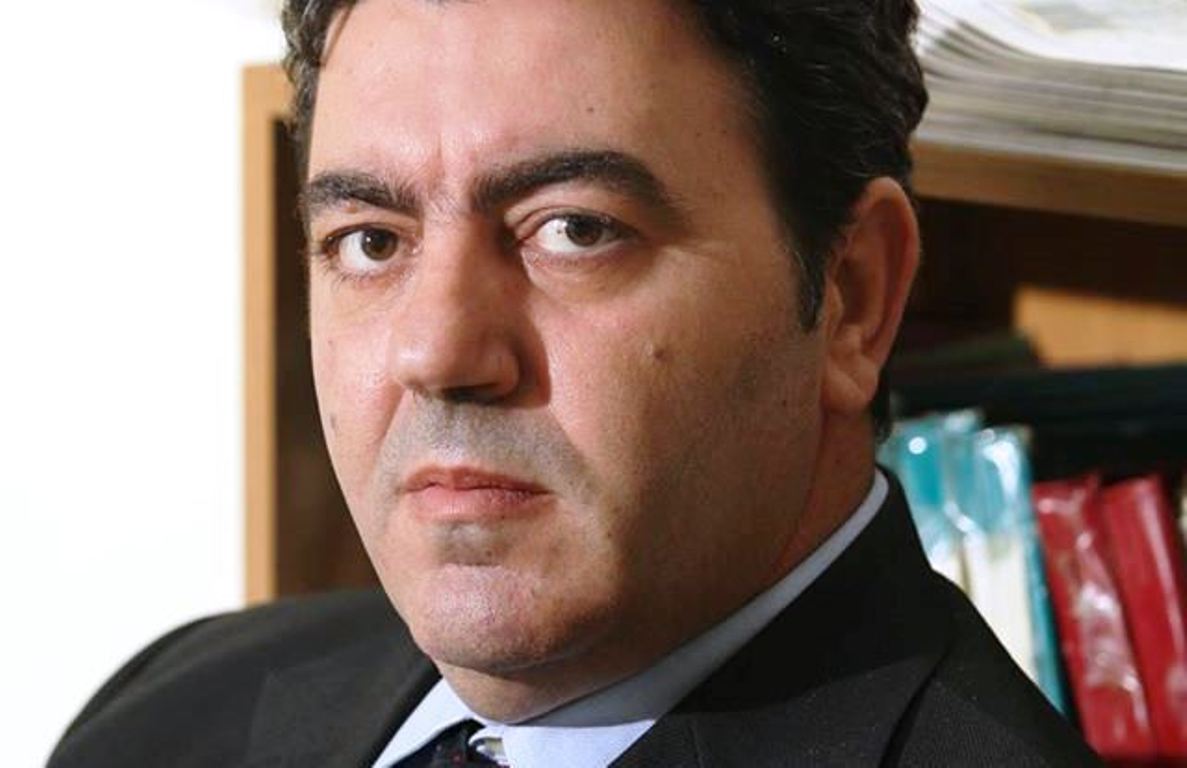
By Plator Nesturi
The election of Ilir Meta as the new President of the country didn’t seem to solve the political crisis. In spite of the role of moderator manifested in the long clash between majority and opposition, the empty seats left by the opposition in parliament while the votes for the new president were being counted, were a reminder that the crisis was outside. No longer in the tent, but in the Central Election Commission’s offices, where the June 18 election boycott by the opposition was being finalized.
In the past two and a half months of parliamentary boycott of the Democratic Party and its allies, the analyses that have been ma
de have mainly handled the political crisis and the consequences that it brings to the life of the country and the damages to the economy. But this is also associated by something else: the institutional crisis and the consequences that it has on the reforms that have not been finalized and in a chaos of powers. Meta’s election as President was good news in appeasing the institutional crisis. A dissolved Parliament while parliamentary elections take place, at a time when the post electoral period has been historically accompanied by electoral complaints to the court, would make it impossible to fill the gap caused by the expiry of the term in office for president Nishani on 24 July.
But the effects of an institutional gridlock would not stop at this. The new Constitution approved last July may risk to collapse if the vetting bill collapses and the establishment of commissions for the new judiciary institutions need to be rescheduled for the new parliament in September.
The new laws that have been approved stipulate precise legal deadlines for the transition period of moving from the old institutions to the new institutions of justice. If these deadlines are breached, then we would find ourselves in a situation where the Attorney General and Chief Justices would have no legal powers or their power would be in violation of the law, although the new institutions have not yet been established.
In this legal mess, it is necessary to have a political accord in order to overcome this situation, not only for parties to offer a guarantee to each other that they will be mature and will not touch the ballot boxes, something which is important for a normal functioning of democracy, but also for the normal functioning of a state.
The agreement must also include other legal commitments and the voting of the bills that relate to the commissions for the creation of new justice institutions and Vetting. Otherwise, this will not only lead to an institutional collapse, but in the best scenario, the application of the reform in justice will have to be postponed for next year. Let us assume that the commissions elected by parliament for the court, prosecution and the assessment will not be voted during this legislature. The entire procedure for the selection of candidates and their voting, will collapse, because the new Parliament will determine the new political configuration, where the majority and opposition will be different to the current ones. Under these circumstances, the candidates that will belong to the new majority and opposition would need to change. This would re-launch the process and cause many delays.
The imperative of a normal electoral process is important, as it’s equally important the obligation of political forces to unblock the crisis, which is not just a political crisis, but also an economic, social and institutional one. The latest movements by president Nishani to find a solution at the last minute are welcome. The postponement of the election date to offer more guarantees for free elections, the amendment of the Electoral Code and the extension of parliament’s term to avoid institutional collapse, are not mere responsibilities, but also an obligation that political forces have in ensuring the functioning of the state. In this process, everyone should make a concession. Basha must give up on the idea of a caretaker government, while Rama doesn’t have to be interested on a victory without the opposition.
The republication of this article is strictly forbidden without a written permission from the Albanian Free Press newsroom
Note: The stances expressed in the Opinion section do not necessarily represent the editorial line of Albanian Free Press
